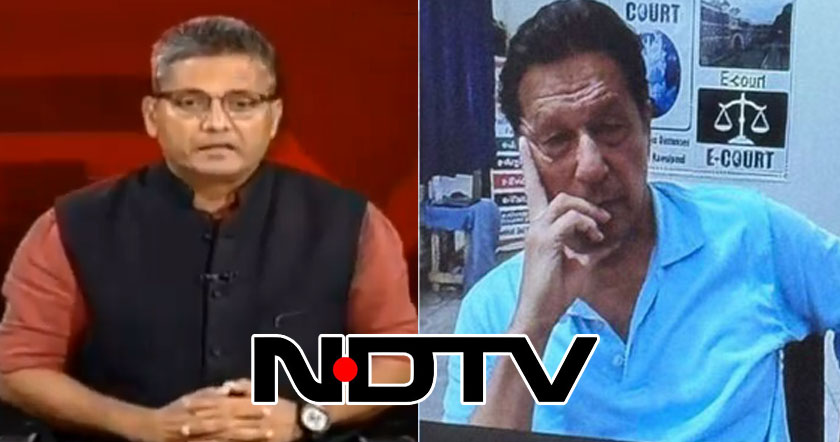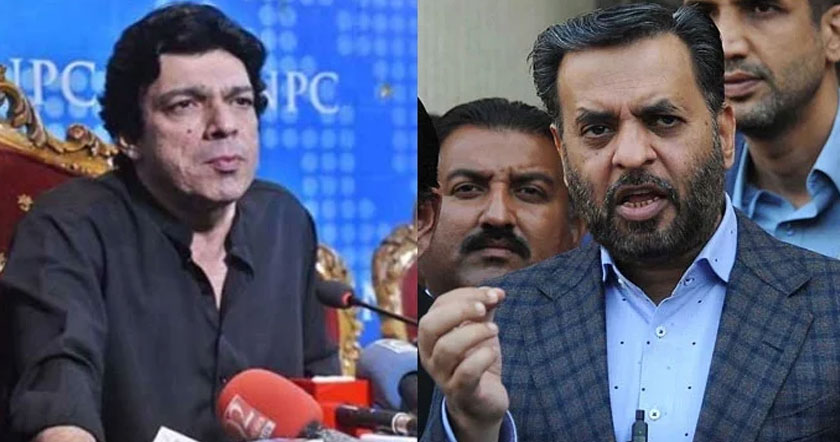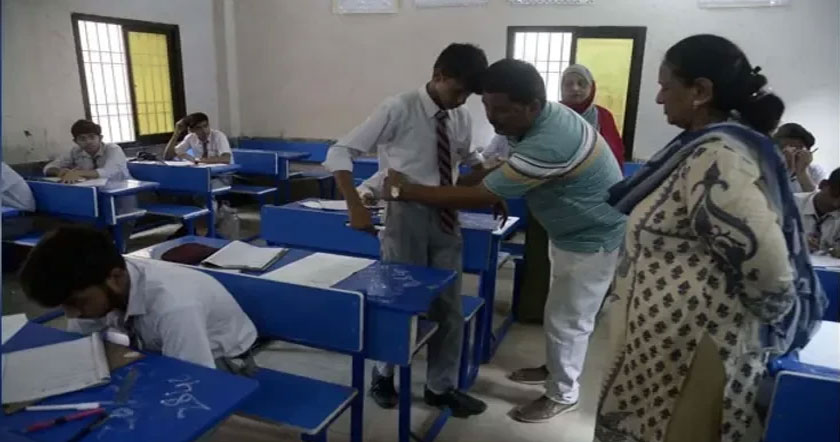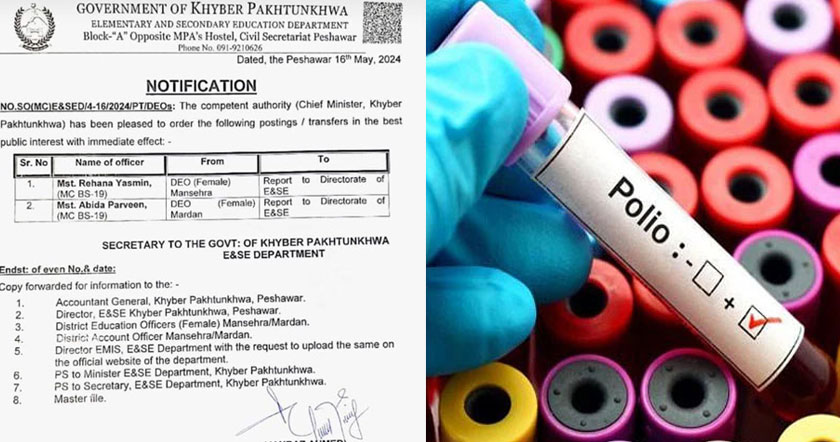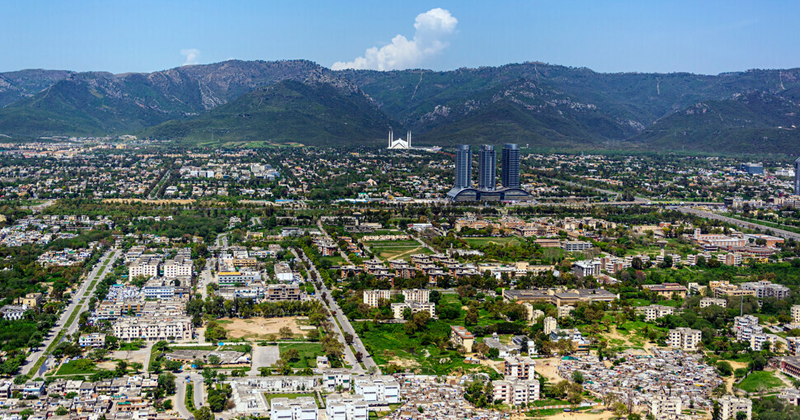As the government moves towards cracking down on digital journalists and potentially banning social media sites, platforms like Siasat.pk face a challenge in staying connected with the people. With the website already banned in Pakistan, what strategies should be adopted? I'm eager to hear everyone's ideas. One suggestion I have is for Siasat's admin to cultivate a mailing list of 1 million subscribers for regular updates. What are your thoughts on this approach?
Imminent Crackdown:Govt to Enforce Internet Firewall, Ban SM, & Target Digital Media

















